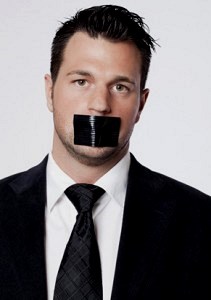
Turning to the law, as one might expect, the fiduciary obligations of an attorney become elevated once the donor of the power becomes incapable. This is described by the Ontario Court of Appeal as follows (Richardson Estate v. Mew, 2009 ONCA 403):
- In Banton [Banton v. Banton (1998), 164 D.L.R. (4th) 176 (Ont. Sup. Ct.)], Cullity J. held that while an attorney acting under a continuing power of attorney is always a fiduciary, the scope of the attorney’s fiduciary duties depends on whether the donor of the power is incapable at the time of the transaction. If the donor is mentally incapable, the attorney’s position approaches that of a trustee. …
- As a fiduciary, Ms. Ferguson was obliged to act only for the benefit of Mr. Richardson, putting her own interests aside: see Ermineskin Indian Band and Nation v. Canada, [2009] 1 S.C.R. 222, at para. 125. In British Columbia (Public Guardian and Trustee of) v. Elgi, 2004 B.C.J. No. 796, 28 B.C.L.R. (4th) 375 (S.C.) aff’d [2005] B.C.J. No. 2741, 262 D.L.R. (4th) 208 (C.A.), Garson J. described the prohibition against using a power for the attorney’s profit, benefit or advantage, at para. 82, in the following way:
It is the attorney’s duty to use the power only for the benefit of the donor and not for the attorney’s own profit, benefit or advantage. The attorney can only use the power for his or her own benefit when it is done with the full knowledge and consent of the donor. I am not aware of any authority that detracts from this principle in circumstances where the benefit is conferred on family members.




